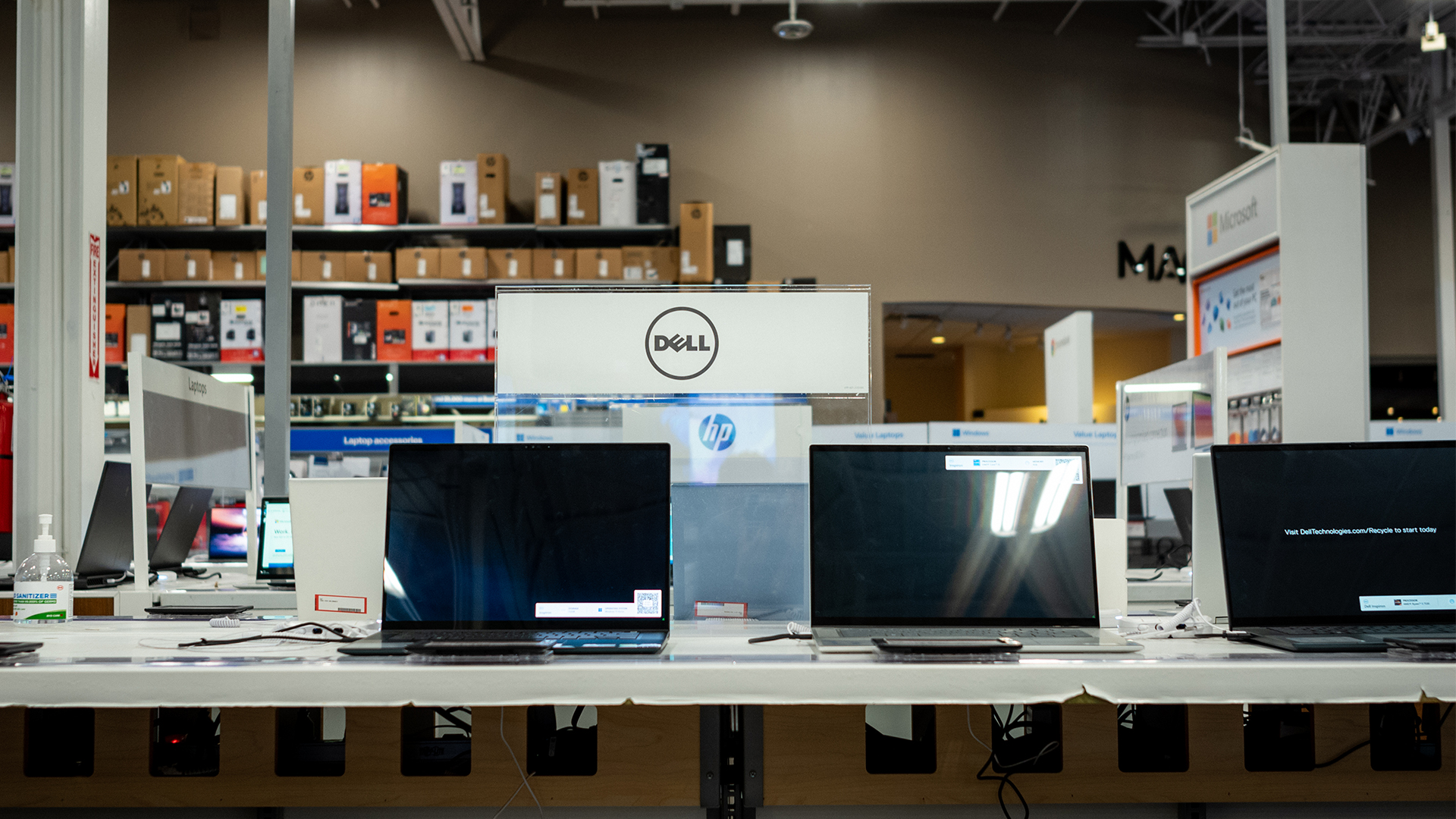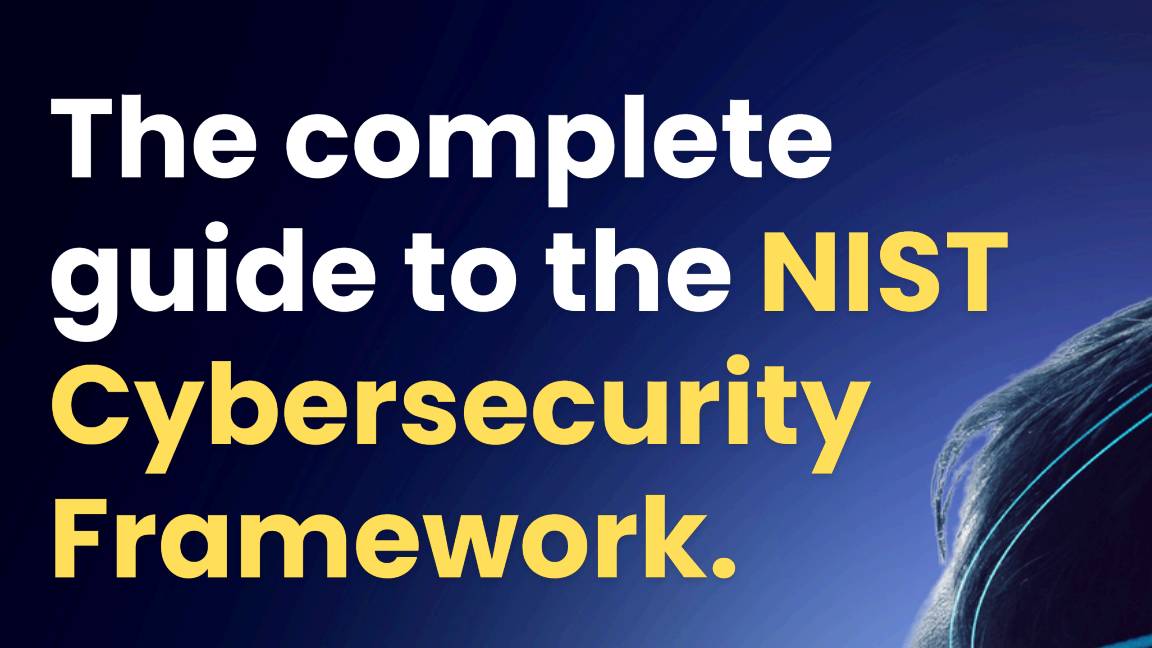
Sign up today and you will receive a free copy of our Future Focus 2025 report - the leading guidance on AI, cybersecurity and other IT challenges as per 700+ senior executives
You are now subscribed
Your newsletter sign-up was successful
Linux creator Linus Torvalds has lambasted Intel for the fiasco surrounding its patches for the Meltdown and Spectre flaws, calling the fixes "pure garbage".
In a post on the Linux kernel mailing list, Torvalds said the patches, part of a rollout of updates for chips dating back through the last decade, "do literally insane things" to the performance of the systems they are installed on. Intel itself found that the patches impact performance by up to 25% on data centre chips, and 3% to 4% on other systems.
"They do things that do not make sense," Torvalds said. "That makes all your arguments questionable and suspicious. The patches do things that are not sane. WHAT THE F*CK IS GOING ON?"
He continued to rant that the patches are "ignoring the much worse issue, namely that the whole hardware interface is literally mis-designed by morons".
He added: "All of this is pure garbage," and elsewhere: "And I really don't want to see these garbage patches just mindlessly sent around."
Torvalds' ire appears to be directed at Intel's decision to patch issues that other fixes - like Google's Retpoline fix - already solve - like Google's Retpoline fix addressing a branch target injection enabled by Spectre.
But he also directed his fire at Intel for its plan to remedy the performance hits its patches are creating. Intel's plan seems to be to bypass the performance hits its Indirect Branch Restricted Speculation (IBRS) update causes by making the Meltdown fix optional, introducing it as an additional feature.
Sign up today and you will receive a free copy of our Future Focus 2025 report - the leading guidance on AI, cybersecurity and other IT challenges as per 700+ senior executives
"The whole IBRS_ALL feature to me very clearly says 'Intel is not serious about this, we'll have a ugly hack that will be so expensive that we don't want to enable it by default, because that would look bad in benchmarks'," Torvalds wrote. "So instead they try to push the garbage down to us."
IT Pro has approached Intel for comment on Torvalds' outburst.
It comes as Intel decided to advise customersn not to download their patches, due to the reboots and performance hits they were causing.
In a post today on the company's newsroom, the firm's executive vice president, Navin Shenoy, said: "We recommend that OEMs, cloud service providers, system manufacturers, software vendors, and end users stop deployment of current versions on specific platform as they may introduce higher than expected reboots and other unpredictable system behaviour."
The advisory applies to systems powered by Intel's previous generations of chips, including Broadwell, Haswell, Coffee Lake, Kaby Lake, Skylake, and Ivy Bridge families. Intel apologised for the issues being caused by the patch, but it's likely to not be enough for users with suddenly borked machines.
"I apologise for any disruption this change in guidance may cause. The security of our products is critical for Intel, our customers and partners, and for me, personally. I assure you we are working around the clock to ensure we are addressing these issues," he added.
-
 ITPro Best of Show NAB 2026 awards now open for entries
ITPro Best of Show NAB 2026 awards now open for entriesThe awards are a fantastic opportunity for companies to stand out at one of the industry's most attended shows
-
 Mistral CEO Arthur Mensch thinks 50% of SaaS solutions could be supplanted by AI
Mistral CEO Arthur Mensch thinks 50% of SaaS solutions could be supplanted by AINews Mensch’s comments come amidst rising concerns about the impact of AI on traditional software
-
 Millions of Dell laptops are are at risk thanks to a Broadcom chip vulnerability – and more than 100 device models are impacted
Millions of Dell laptops are are at risk thanks to a Broadcom chip vulnerability – and more than 100 device models are impactedNews Widely used in high-security environments, the PCs are vulnerable to attacks allowing the theft of sensitive data
-
 ‘The worst thing an employee could do’: Workers are covering up cyber attacks for fear of reprisal – here’s why that’s a huge problem
‘The worst thing an employee could do’: Workers are covering up cyber attacks for fear of reprisal – here’s why that’s a huge problemNews More than one-third of office workers say they wouldn’t tell their cybersecurity team if they thought they had been the victim of a cyber attack.
-
 ‘A huge national security risk’: Thousands of government laptops, tablets, and phones are missing and nowhere to be found
‘A huge national security risk’: Thousands of government laptops, tablets, and phones are missing and nowhere to be foundNews A freedom of information disclosure shows more than 2,000 government-issued phones, tablets, and laptops have been lost or stolen, prompting huge cybersecurity concerns.
-
 "Thinly spread": Questions raised over UK government’s latest cyber funding scheme
"Thinly spread": Questions raised over UK government’s latest cyber funding schemeThe funding will go towards bolstering cyber skills, though some industry experts have questioned the size of the price tag
-
 Modern enterprise cybersecurity
Modern enterprise cybersecuritywhitepaper Cultivating resilience with reduced detection and response times
-
 IDC InfoBrief: How CIOs can achieve the promised benefits of sustainability
IDC InfoBrief: How CIOs can achieve the promised benefits of sustainabilitywhitepaper CIOs are facing two conflicting strategic imperatives
-
 The complete guide to the NIST cybersecurity framework
The complete guide to the NIST cybersecurity frameworkWhitepaper Find out how the NIST Cybersecurity framework is evolving
-
 Are you prepared for the next attack? The state of application security in 2024
Are you prepared for the next attack? The state of application security in 2024Webinar Aligning to NIS2 cybersecurity risk-management obligations in the EU